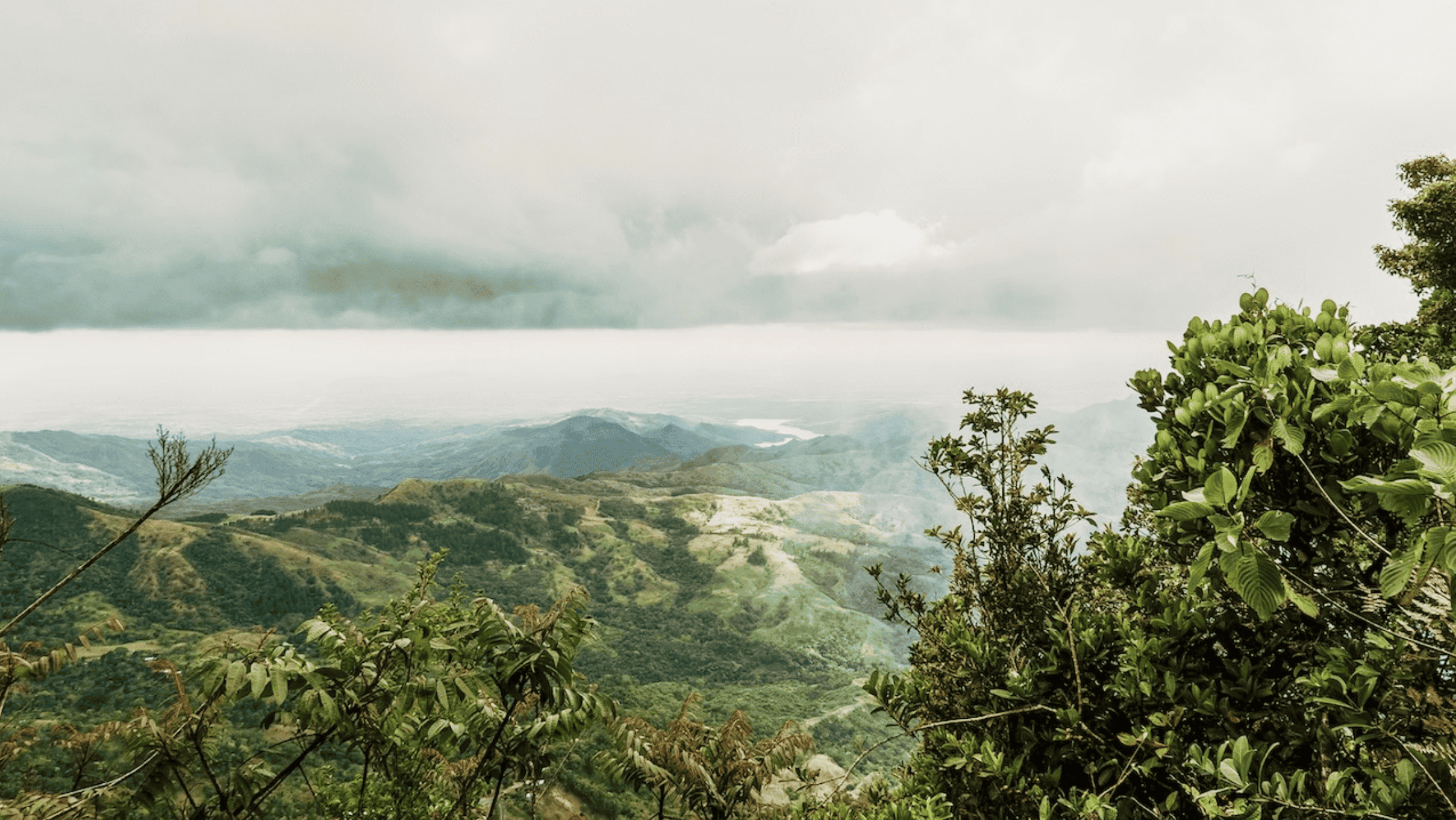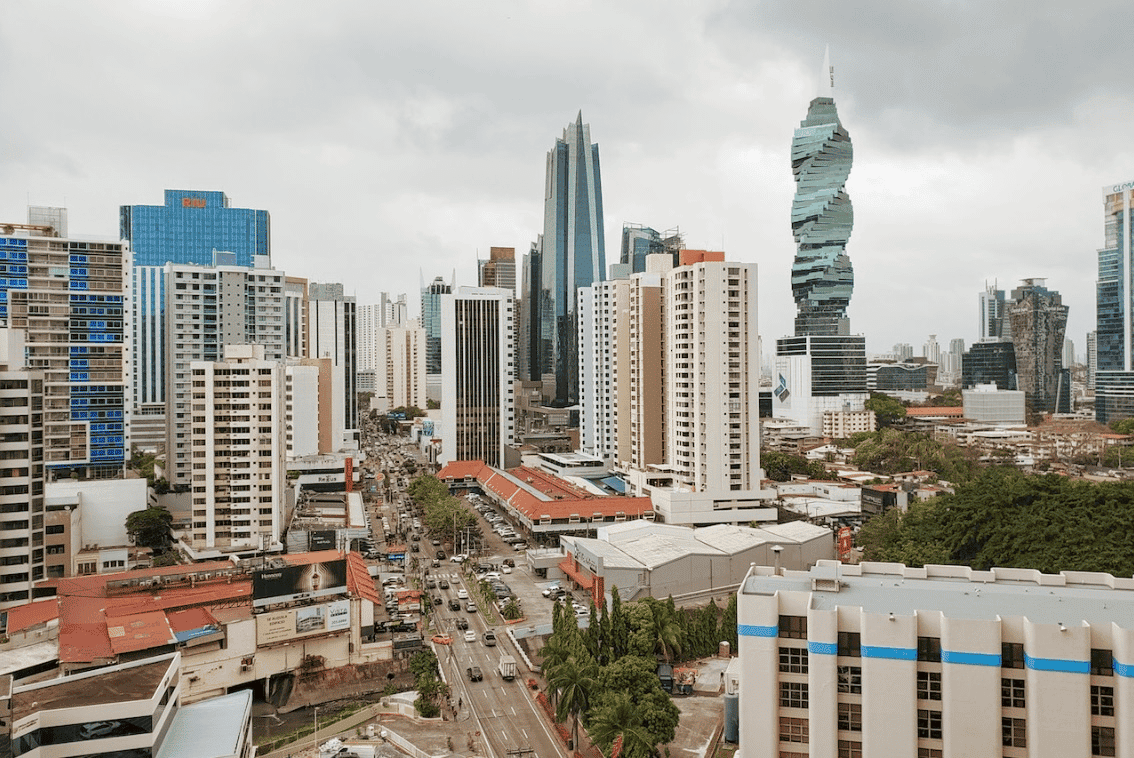
Located in Central America, Panama borders Costa Rica to the west and Colombia to the east, with a population of approximately 4 million. Panama gained independence from Spain in 1821, only to be annexed by Colombia the following year. In 1903, with the support of the United States, Panama declared independence from Colombia. Six months later, the United States began construction of the Panama Canal, which was completed in 1914. This vital waterway connecting the Pacific and Atlantic Oceans remains crucial to global maritime trade networks. However, Panama only began to reap the full benefits of the canal in 1999, when the United States transferred control of the waterway back to Panama at no cost. Today, the country's economy is heavily reliant on services, with the tertiary sector - including canal transit fees, the Colon Free Zone (duty-free zone), finance, tourism, and real estate - accounting for about 70% of its GDP. Panama's weak primary and secondary sectors result in a chronic trade deficit, as the country depends on imports for processed foods and industrial products. To offset this economic weakness, the government has implemented tax incentives to attract foreign companies. The Colon Free Zone, which promotes free trade by exempting import and export duties, is a prime example of this strategy. Panama is also known as a tax haven, alongside Hong Kong and the Cayman Islands, as it does not impose tax on income earned abroad. Despite being a small nation, Panama has skillfully utilized its unique position to make its mark on the global stage. This spirit of innovation extends beyond its economic policies: Nowhere is this more evident than in its coffee industry, where Panama has maximized the potential of its limited farmland to produce high-value coffee beans.

Panama's high-quality coffee is primarily grown in the mountainous regions of Chiriqui Province, near the Costa Rican border. The most famous production area is Boquete, known for its unique microclimate. The "bajareque" mist, created when northern winds cross the mountains, lowers temperatures on the slopes, allowing coffee cherries to mature slowly. The combination of the region's volcanic ash soil and microclimate nurture the delicate flavors in Panamanian coffee. Even varieties like Catuai and Typica, along with Geisha, possess fine citrus acidity, white sugar-like sweetness, and consistent texture - hallmarks of Panama's terroir. Panama is particularly renowned for its Geisha variety. Introduced in the 1930s from Ethiopian forests, Geisha spread throughout Panama during subsequent research periods. The variety gained worldwide recognition in 2004 when coffee from Hacienda La Esmeralda, owned by the Peterson family, fetched a then-record price at the Best of Panama auction, catapulting the variety into the global spotlight. Many of Panama's luxury coffees come from estates (self-owned farms). Thanks to the Panamanian government's efforts to attract foreign investors, there has been a significant influx of overseas capital. This has led to the creation of numerous estates, with farms functioning as brands in their own right, producing some of the world's finest coffees. However, it's important to note that not all Panamanian coffee farmers are affluent. Some struggle with lack of capital and technical knowledge, resulting in abandoned farmland even adjacent to famous estates. As we continue to explore Panama's future as a coffee origin, it's crucial to shine a light on these lesser-known producers who remain in the shadows of their more successful neighbors.
Warehoused
Cuatro Caminos 2022/23
Producer/Curator:
David Sewell
Panama as a coffee producing country is often associated with high-end coffees like Geisha. Top-flight coffees are grown at the hands of producers with cutting-edge technology and marketed as luxury brand items. On the other hand, despite the favorable natural conditions for coffee production, not all producers are so successful. Some struggle to keep their farms afloat…Read More
969roasters are interested
59roasters purchased
Sample Request :
Start
End
Pre-oder :
Start
End
Warehoused
Cuatro Caminos 2021/22
Producer/Curator:
David Sewell
Panama as a coffee producing country is often associated with high-end coffees like Geisha. Top-flight coffees are grown at the hands of producers with cutting-edge technology and marketed as luxury brand items. On the other hand, despite the favorable natural conditions for coffee production, not all producers are so successful. Some struggle to keep their farms afloat…Read More
969roasters are interested
59roasters purchased
Sample Request :
Start
End
Pre-oder :
Start
End
Price
13.23 USDFOB/kg
Quantity
0/0 bags (30kg)
Samples
Out of Stock
-
Price
11.02 USDFOB/kg
Quantity
0/0 bags (30kg)
Samples
Out of Stock
-
Price
13.23 USDFOB/kg
Quantity
0/0 bags (30kg)
Samples
Out of Stock
-
Price
11.02 USDFOB/kg
Quantity
0/0 bags (30kg)
Samples
Out of Stock
-
Price
17.64 USDFOB/kg
Quantity
0/0 bags (30kg)
Samples
Out of Stock
-
Price
33.07 USDFOB/kg
Quantity
0/0 bags (30kg)
Samples
Out of Stock
-
Price
19.84 USDFOB/kg
Quantity
0/0 bags (30kg)
Samples
Out of Stock
-
Price
33.07 USDFOB/kg
Quantity
0/0 bags (30kg)
Samples
Out of Stock
-
Price
33.07 USDFOB/kg
Quantity
0/0 bags (30kg)
Samples
Out of Stock
-
Price
39.68 USDFOB/kg
Quantity
0/0 bags (30kg)
Samples
Out of Stock
-
Price
55.12 USDFOB/kg
Quantity
0/0 bags (30kg)
Samples
Out of Stock
-
Price
11 USDFOB/kg
Quantity
0/0 bags (30kg)
Samples
Out of Stock
-
Price
11 USDFOB/kg
Quantity
0/0 bags (30kg)
Samples
Out of Stock
-
Price
13.2 USDFOB/kg
Quantity
0/0 bags (30kg)
Samples
Out of Stock
-
Price
26.5 USDFOB/kg
Quantity
0/0 bags (30kg)
Samples
Out of Stock
-
Price
13.2 USDFOB/kg
Quantity
0/0 bags (30kg)
Samples
Out of Stock
-
Price
33.1 USDFOB/kg
Quantity
0/0 bags (30kg)
Samples
Out of Stock
-
Price
17.6 USDFOB/kg
Quantity
0/0 bags (30kg)
Samples
Out of Stock
-
Price
22 USDFOB/kg
Quantity
0/0 bags (30kg)
Samples
Out of Stock
-